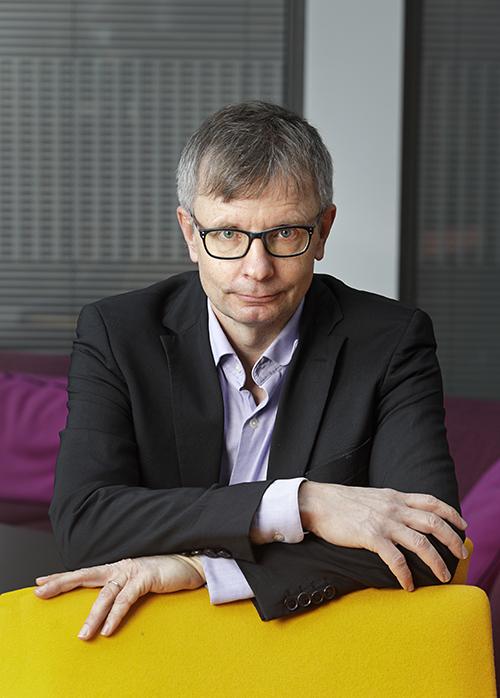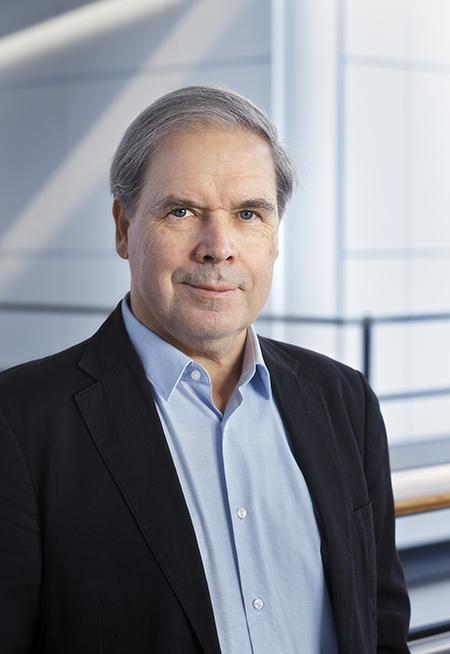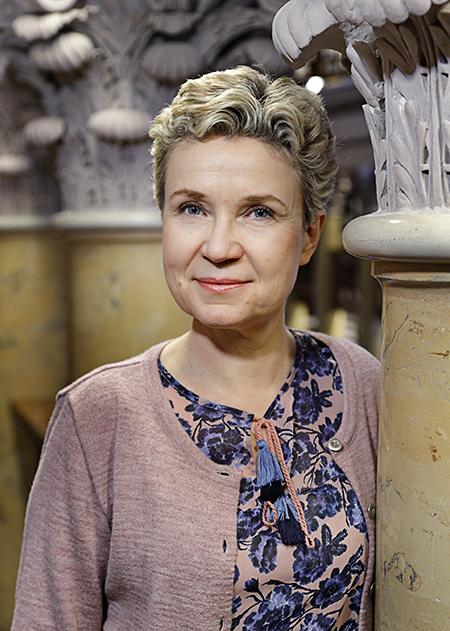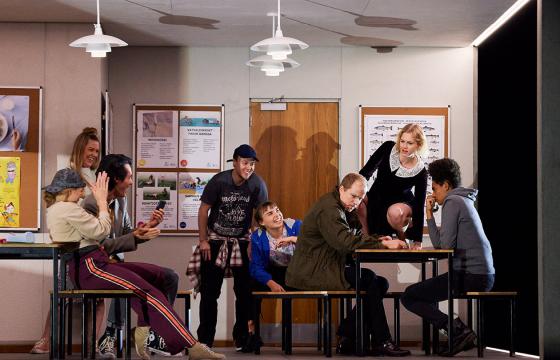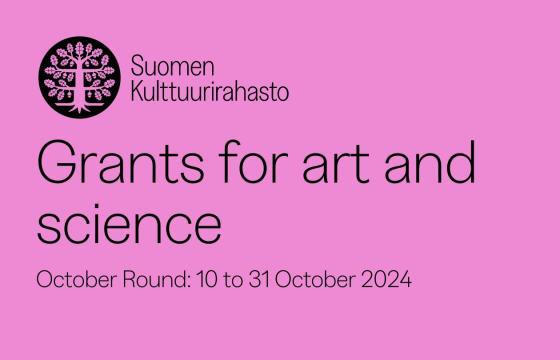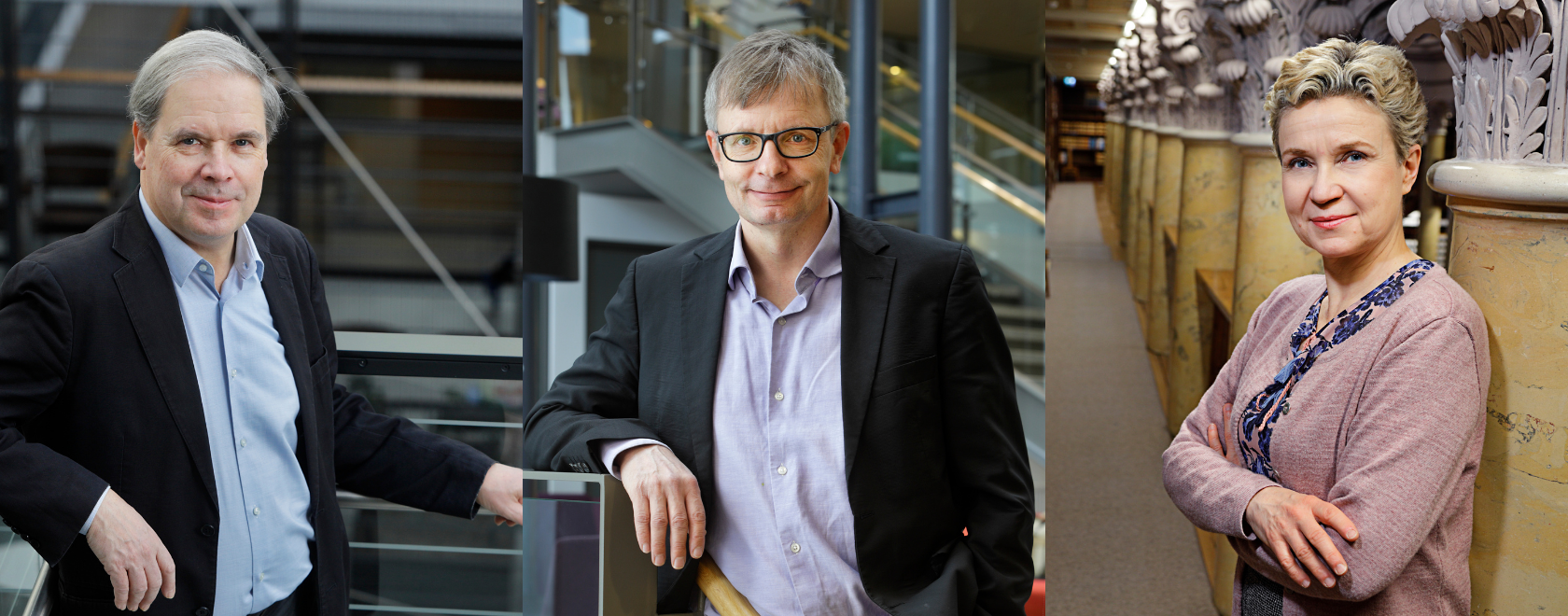
Professor Heikki Hiilamo
Heikki Hiilamo (b. 1964) has achieved doctorates in both social policy and public health science. He works as Professor of Social Policy at the University of Helsinki and Research Professor at the Finnish Institute for Health and Welfare. He has also been employed as a Research Professor at the Social Insurance Institution of Finland and Director of Welfare Work at the National Church Council.
Heikki Hiilamo’s research encompasses many of the contemporary challenges of the Nordic welfare state. The topics of his research and his more than 20 books have included poverty, indebtedness, family policy, evangelical welfare work, social and health care services, and alcohol and tobacco policy. Additionally, Hiilamo has published more than 100 scientific papers, most of them international. He has been a visiting researcher at universities including Berkeley in California, and a visiting professor at the University of Oslo.
Very active participation in social discourse as a columnist, non-fiction author and expert forms an essential aspect of Heikki Hiilamo’s profile as a researcher. He is one of Finland’s leading social policy experts, as a testament to which he received the State Award for Information Publication in 2016. Hiilamo has also been a journalist for Ydin magazine and the Finnish Broadcasting Corporation (YLE). His book on Finland’s covert help for the persecuted of Chile (2010) served as a basis for the TV series Invisible Heroes, which won the 2019 Prix Europa award for Best European TV Fiction.
The prize is awarded for researching ill-being and defending well-being
Professor Jaakko Kaprio
Jaakko Kaprio (b. 1952) has been a Research Professor at the Institute for Molecular Medicine of Finland since 2018, having prior to that been a director of that institute, an Academy Professor, and a Professor at the Universities of Oulu and Helsinki.
Kaprio’s area of specialisation is genetic epidemiology. He began his research on Finnish twins as part of his doctoral thesis in 1984, and since then he has led the planning and execution of several follow-up studies on twins, based on extensive twin cohort databases. With the help of their research on twins, Kaprio and his research teams have been able to explore the roles that environmental factors and genetic predisposition play in the development of addictions, and to identify several smoking-related genes.
Kaprio was carrying out international research at a time when it was far less common than now. He is one of the most widely referenced Finnish scientists, with a list of publications encompassing more than 1,300 titles. Jaakko Kaprio has been an active member of various Finnish and international scientific associations, as well as holding diverse positions of trust.
The prize is awarded for researching nature vs. nurture and for being a natural-born researcher of twins
Sirpa Kähkönen, Author
Sirpa Kähkönen writes about society by writing about people. She describes contemporary questions through historical narrations.
Born in Kuopio in 1964, Sirpa Kähkönen studied literature and history, and worked as an editor prior to setting out as a full-time writer. Her studies provided her with a clear direction: Kähkönen is particularly known as a master of historical novels.
As someone who enjoys digging through newspaper archives, Kähkönen is accomplished at providing the details that make the past come alive. While describing the private sphere and bringing historical events up close, she is able to make her work universal. Through her characters, Kähkönen asks life’s big questions, demanding answers from the reader.
The author has created a world of her own – a Kuopio of times past, which is fictional but true. In her book Granite Man, set in Petrograd/Leningrad, a yearning for humanity and idealism comes head-to-head with desolate realism.
Sirpa Kähkönen is characterised by humaneness, being always on the side of the individual.
The prize is awarded to a narrator or iron and granite, time and humanity
